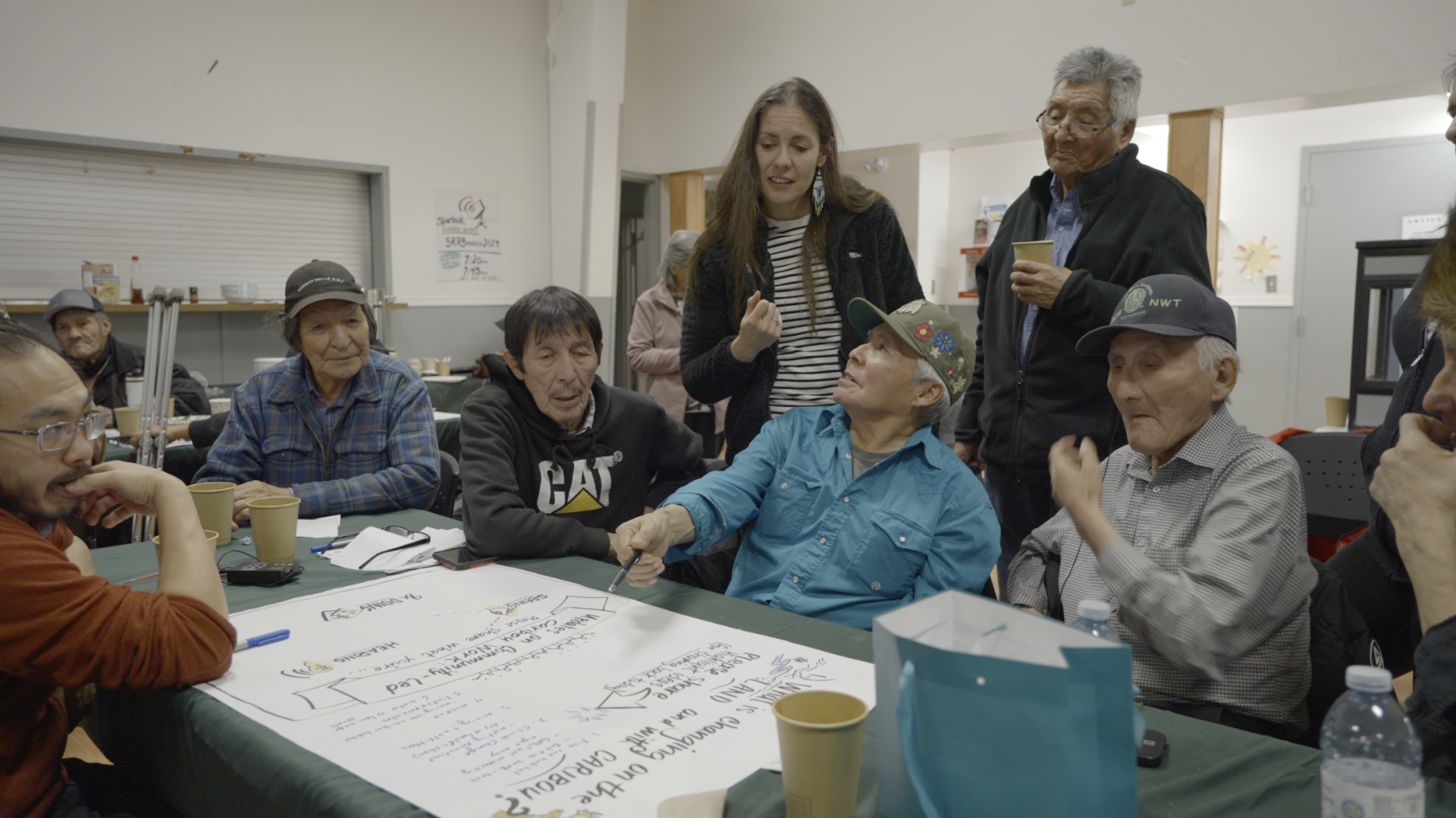We are working closely with a growing network of Indigenous organizations and co-management partners to co-create stories, videos, and learning resources that reflect the realities of collaborative conservation. This includes the Porcupine Caribou Management Board, Sahtú Renewable Resources Board, Kugluktuk Hunters and Trappers Organization, Nunavut Wildlife Management Board, the Eeyou Marine Region Wildlife Board and Cree Trappers Association, Fort Folly First Nation and Parks Canada, and the Passamaquoddy Recognition Group Inc.





